
5 Subscription Box For Kids Success Stories [2025]
Starting a subscription box business for kids can be a fun and rewarding way to enter the world of entrepreneurship. This type of business allows you to curate monthly boxes filled with toys, crafts, and other fun activities specifically tailored for children.
To get started, you’ll need to research and decide on a theme for your boxes. This could be anything from educational toys to arts and crafts supplies. Once you have a theme in mind, you can start sourcing products from vendors and building out your boxes.
One of the great things about a subscription box for kids is that it can be a flexible business. You can offer different subscription options, such as monthly, quarterly, or annual boxes. You can also provide different age ranges, allowing you to cater to a broader audience.
To market your business, you can use social media platforms like Instagram and Facebook to showcase your boxes and reach potential customers. You can also consider partnering with influencers or running promotions to attract new subscribers.
Overall, starting a subscription box business for kids can be a fun and creative way to share your love of all things kid-friendly with others. Whether you’re looking to provide educational toys or simply want to bring some joy to children’s lives, this type of business can be both fulfilling and profitable.
In this list, you'll find real-world subscription box for kids success stories and very profitable examples of starting a subscription box for kids that makes money.
1. Trunki ($12M/year)
Rob Law, founder of Trunki, came up with the idea for a ride-on suitcase for kids while browsing through a department store during his time as a product design student. He realized that ride-on toys wasted a lot of space and decided to create a suitcase that maximized internal space while also entertaining kids. After facing setbacks, such as a failed licensing deal and a humiliating experience on Dragons' Den, Law persevered and turned Trunki into a global brand, selling over 4 million suitcases in over 100 countries.
How much money it makes: $12M/year
How much did it cost to start: $15K
How many people on the team: 80
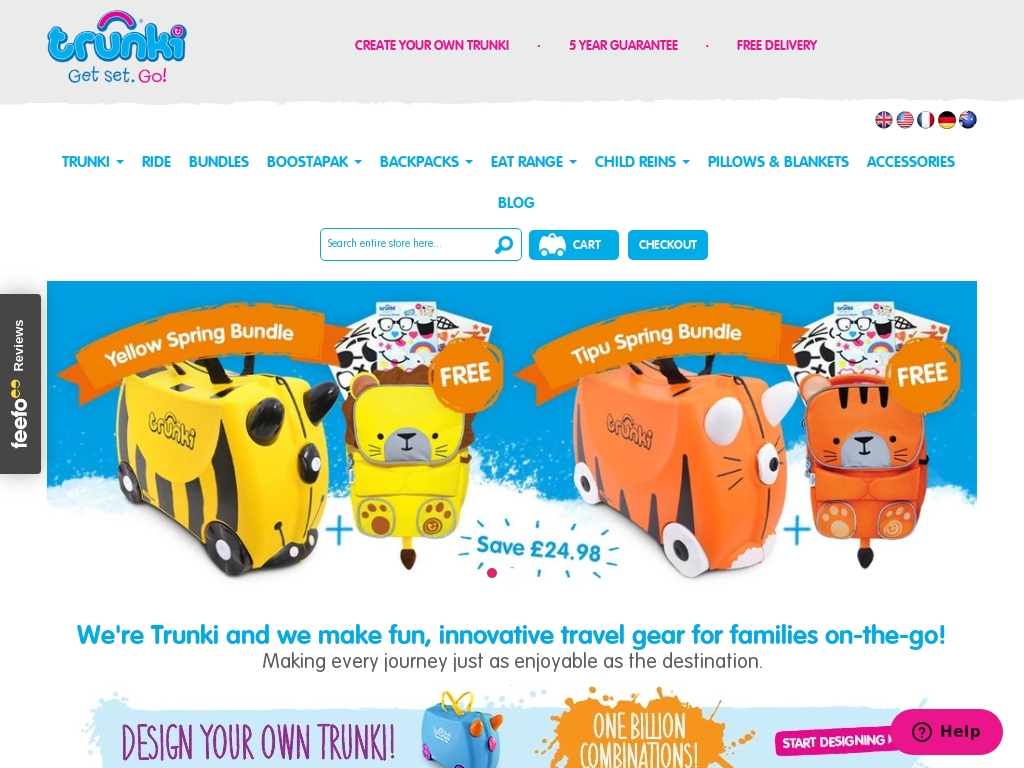

Trunki CEO and Founder Rob Law turned his innovative ride-on kids suitcase design into a global lifestyle brand, selling over 4 million suitcases in over 100 countries and earning £9.5 million in 2019, by understanding his customers and prioritizing customer service and reviews.




2. Continuum Games ($3M/year)
Greg Hughes, the founder of Continuum Games, Inc, came up with the idea for his business when he developed a card game called Discombobulation. Wanting to pursue his passion for games and toys, he quickly expanded his product line and launched a specialty toy distribution network. Today, the company generates $250k per month in the offseason, and up to $600k per month during peak season.
How much money it makes: $3M/year
How much did it cost to start: $15K
How many people on the team: 8
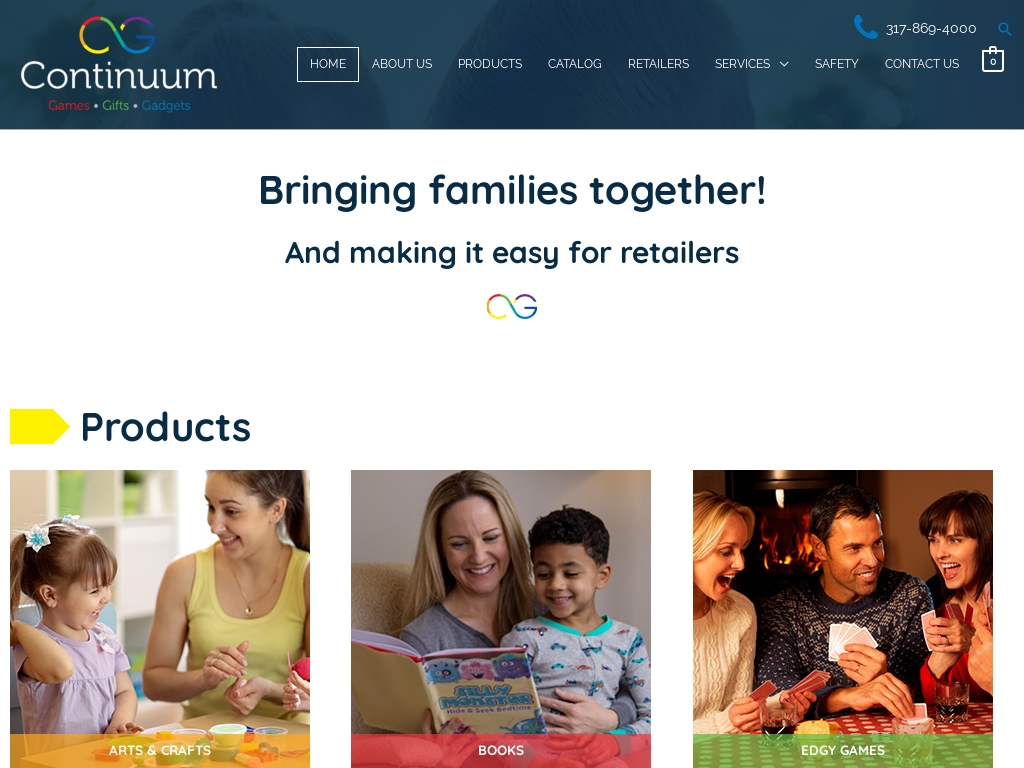

Continuum Games, Inc. President Greg Hughes started his toy and game distribution company with a $5 wholesale card game and today generates an average of $250k per month in revenue, rising to $600k in peak season from a combination of manufacturing and distribution of over 40 games.




3. Bundleboon ($420K/year)
Nelli Jeloudar, the founder of Bundleboon, came up with the idea for her curated shopping service for kidswear after seeing a demand for a similar service from her friends with children. She launched the business as a side hustle and quickly received 300 pre-orders, generating close to €45,000 in revenue with only €2,000 spent on startup costs. She later partnered with a retail partner to keep inventory risk low and focused on validating the concept before scaling.
How much money it makes: $420K/year
How many people on the team: 5
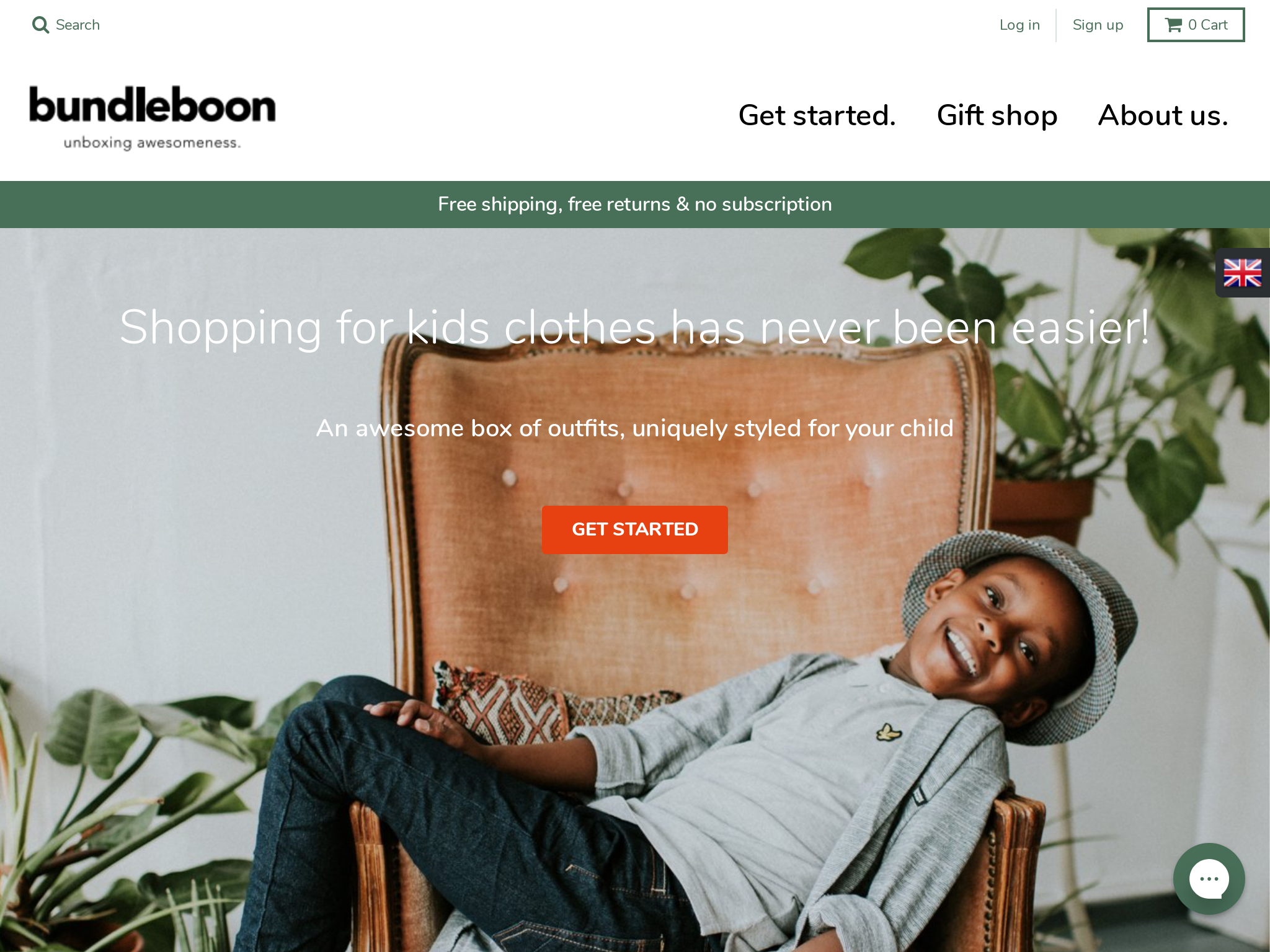

Bundleboon is a kidswear shopping service where parents complete a style quiz and receive two personalized outfits for their child, and only pay for the items they keep, generating €45k in revenue with only €2k spent on startup costs in the first 2 months, with a goal of becoming a tech company with a styling algorithm and automating the styling process.




4. VSTEAM Education ($42K/year)
Vidura, an Aerospace engineer and professional street-dancer, started his educational startup to provide practical science and engineering workshops to schools. With 11 STEM workshops and unique speaking engagements that incorporate dance, the company reached over 5,000 students last year and is poised for growth post-pandemic. They have seen success in attracting and retaining customers through targeted email marketing, Google Adwords campaigns, and word of mouth.
How much money it makes: $42K/year
How much did it cost to start: $2.5K
How many people on the team: 1
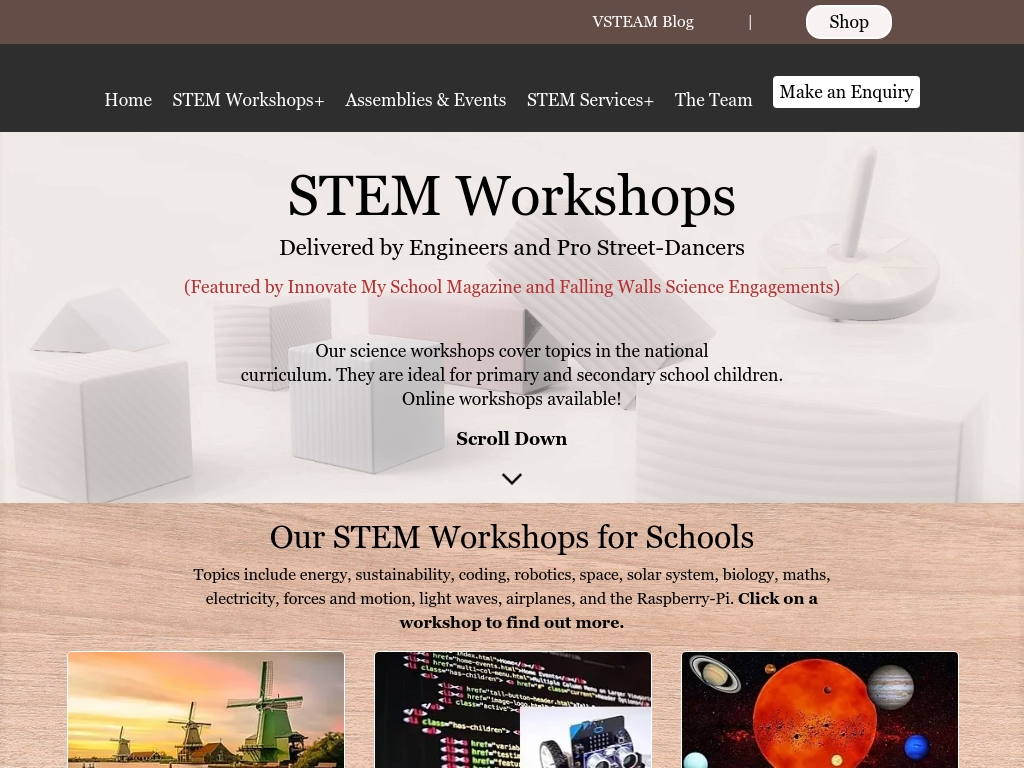

Vidura, a qualified Aerospace engineer, started an educational startup delivering STEM workshops in schools and delivering speaking engagements with dancing for entertainment, having delivered over 5,000 engagements reaching out to schools and is looking to resume after the pandemic.




5. Prodigi Kids ($42K/year)
While dining out with her 18-month-old daughter, Karen Braveheart witnessed a spaghetti-fueled disaster and decided to design a truly childproof plate, leading to the creation of Adi plate and launching Prodigi Kids after raising $400,000 in seed funding.
How much money it makes: $42K/year
How much did it cost to start: $400K
How many people on the team: 1
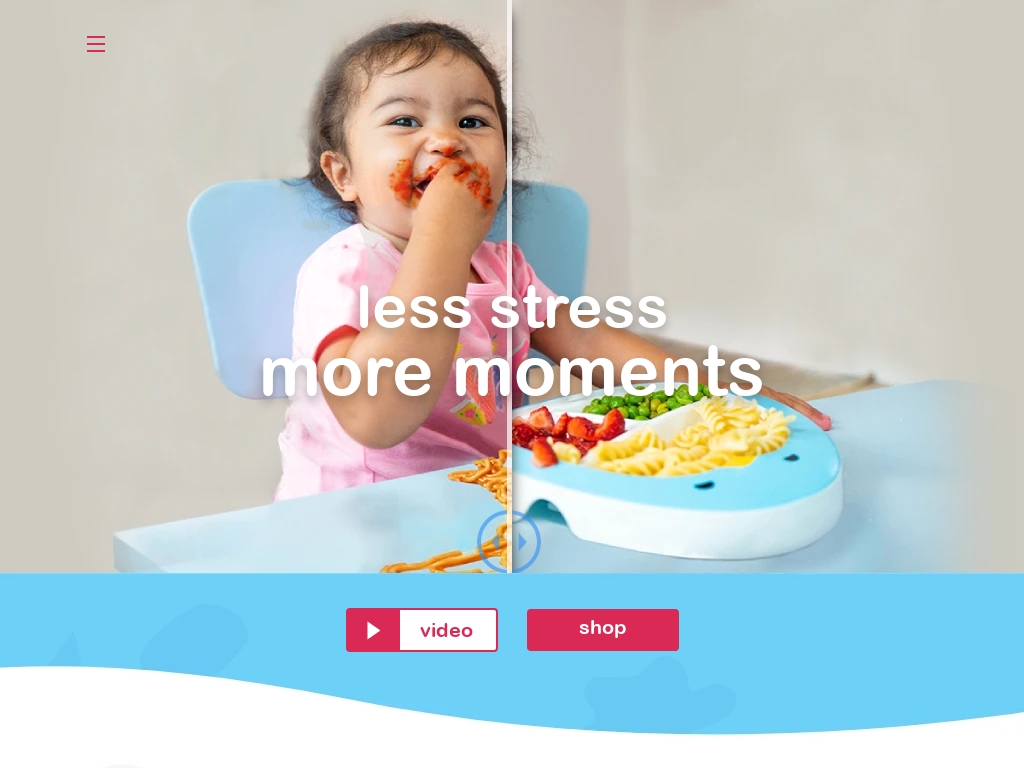

Prodigi Kids CEO Karen Braveheart raised $400k to develop the Adi plate; a suction plate for babies engineered to stay in place, and is working to grow production and market share despite the challenges faced due to COVID-19.





Download the report and join our email newsletter packed with business ideas and money-making opportunities, backed by real-life case studies.

Download the report and join our email newsletter packed with business ideas and money-making opportunities, backed by real-life case studies.

Download the report and join our email newsletter packed with business ideas and money-making opportunities, backed by real-life case studies.

Download the report and join our email newsletter packed with business ideas and money-making opportunities, backed by real-life case studies.

Download the report and join our email newsletter packed with business ideas and money-making opportunities, backed by real-life case studies.

Download the report and join our email newsletter packed with business ideas and money-making opportunities, backed by real-life case studies.

Download the report and join our email newsletter packed with business ideas and money-making opportunities, backed by real-life case studies.

Download the report and join our email newsletter packed with business ideas and money-making opportunities, backed by real-life case studies.














